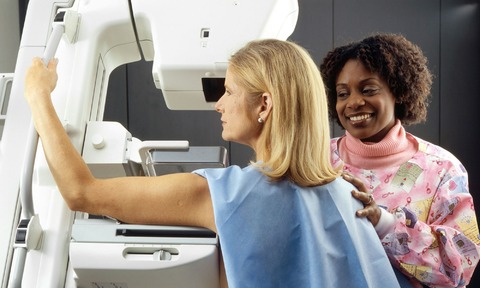Glasgow team wins £0.4 million to harness cancer-fighting immune cells
10 Jun 2025

Nearly £0.4 million has been awarded to a University of Glasgow team researching the use of immune cells to combat aggressive triple negative breast cancers.
Professor Seth Coffelt has been awarded £399,670 from the charities Breast Cancer Now and Secondary1st for the work he leads at the institution.
Triple negative breast cancers comprise an estimated 15% of cancers and are among the most likely to recur or spread within five years of diagnosis. Some 8,000 women in the UK are diagnosed with these annually.
Coffelt’s research builds on an earlier study funded by the two charities, which identified a particular type of immune cell capable of killing the cancer cells in a lab environment.
He established that CD27 Ly6C gamma delta T (gdT) cells could also slow the cancer’s growth and block secondary tumour development in the lungs of laboratory mice.
The new research will seek to determine how gdT cells’ location enables them to pinpoint cancer cells entering the lung and to destroy them. Determining which proteins control the ability to kill hostile cells and stimulating them with antibodies could provide clues for developing more effective and tailored immunotherapies.
The next step will be to test the procedure on human gdT cells donated by triple negative breast cancer sufferers.
Said Coffelt: “We will continue this research to investigate if immunotherapies can be developed to boost this immune cell’s ability to kill breast cancer cells.
“Some gdT cell immunotherapies are already in development, but we need to better understand how gdT cells work to ensure that they’re as safe and effective as possible.”
Pic: National Cancer Institute

